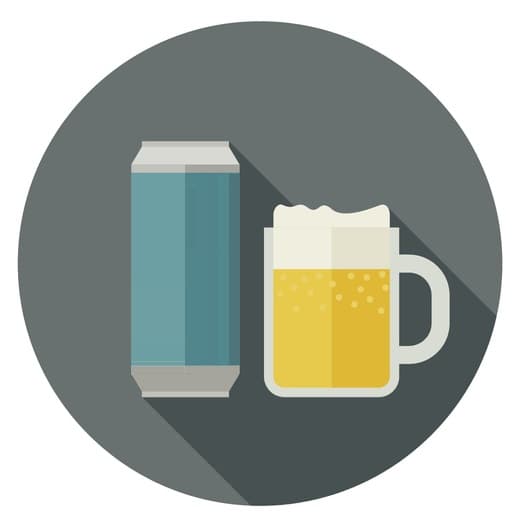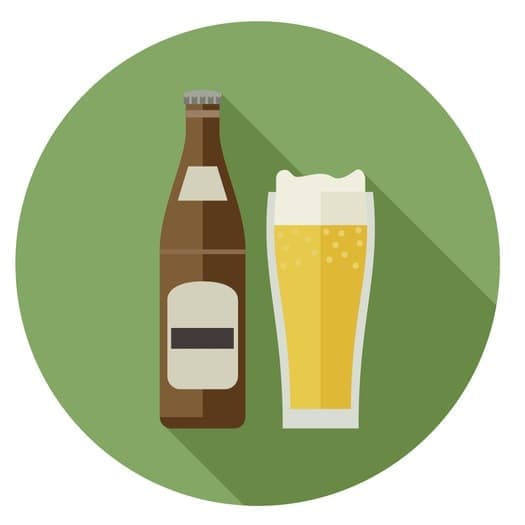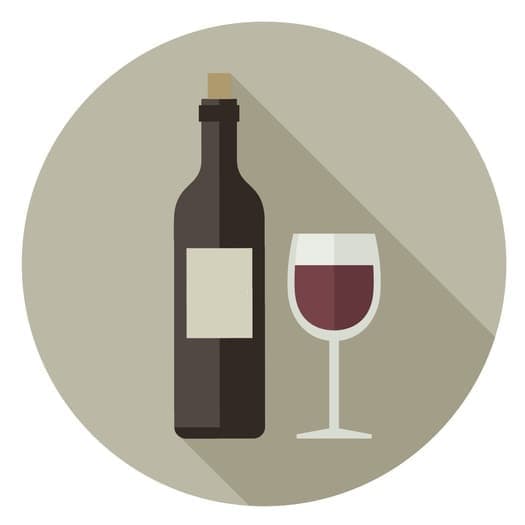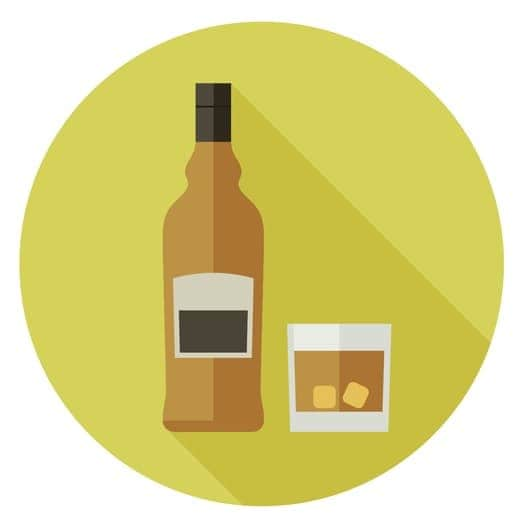Preventing Cancer by Reducing Excessive Alcohol Use

Regardless of drink type (beer, wine, or liquor), the risk of cancer increases with the number of drinks consumed.
More than half of adults in the United States drink alcohol. Alcohol use increases the risk of cancers of the female breast, liver, colon, rectum, mouth, pharynx, larynx, and esophagus. There are evidence-based community strategies and clinical strategies that work to reduce excessive alcohol use.
Cancer Risks Linked with Alcohol Use
Excessive alcohol use is associated with many health and social problems. Alcohol is a carcinogen (something that can cause cancer). Regardless of drink type (beer, wine, or liquor), the risk of cancer increases with the number of drinks consumed, and even one drink a day increases the risk of developing cancers of the female breast, mouth, and esophagus. Reducing alcohol use may reduce the risk of cancer.
How Is Alcohol Use Defined?
Moderate alcohol use is defined as limiting intake to one drink or less in a day for women and two drinks or less in a day for men.
Excessive alcohol use includes binge drinking, heavy drinking, any alcohol use by individuals under the age of 21 years (minimum legal drinking age), and any alcohol use by pregnant women.
Binge drinking is a pattern of alcohol use that generally brings blood alcohol concentration levels to 0.08% or more. This is usually defined as consuming four drinks or more for women, or five drinks or more for men, on an occasion.
Heavy drinking is defined as consuming eight drinks or more per week for women and 15 drinks or more per week for men.
Source: Frequently Asked Questions About Alcohol and Public Health
What Is Considered One Drink?

Beer
12 ounces (355 ml)
5% alcohol

Malt liquor
8 ounces (237 ml)
7% alcohol

Wine
5 ounces (148 ml)
12% alcohol

Distilled spirits
1.5 ounces (44 ml)
40% alcohol (80 proof)
12 ounces (355 ml) of beer (5% alcohol by volume); 8 ounces (237 ml) of malt liquor (7% alcohol by volume); 5 ounces (148 ml) of wine (12% alcohol by volume); or 1.5 ounces (44 ml) of 80 proof distilled spirits such as gin, rum, vodka, or whiskey (40% alcohol by volume) are considered one drink.
What Are the Guidelines for Alcohol Use?
According to the Dietary Guidelines for Americans,—
- To reduce the risk of alcohol-related harms, adults of legal drinking age can choose not to drink, or to drink in moderation by limiting intake to two drinks or less in a day for men or one drink or less in a day for women, on days when alcohol is consumed.
- Don’t drink at all if you are younger than age 21, pregnant or may be pregnant, have health problems that could be made worse by drinking, or are engaging in activities for which alcohol is dangerous (like driving).
- The Guidelines also do not recommend that you start drinking for any reason. Even moderate intake is associated with increased risks, including some cancers.